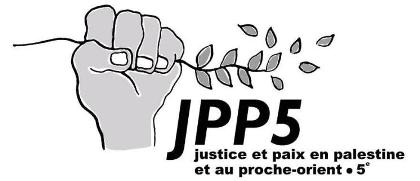7 mai 2017
7
07
/05
/mai
/2017
06:55
Israeli military fires shells at Palestinians near Gaza perimeter fence, killing a 15-year-old and injuring another man
Les seules publications de notre blog qui engagent notre association sont notre charte et nos communiqués. Les autres articles publiés sur ce site sans nécessairement refléter exactement nos positions, nous ont paru intéressants à verser aux débats ou à porter à votre connaissance


 On the evening of 21 March 2017, at around 9:00 P.M., three Gaza residents - Yusef Abu ‘Athrah, 15, and Muhammad al-‘Aker, 24, who both live in Rafah Refugee Camp, and ‘Abdallah a-Rikhawi, 29, who lives in the city of Rafah - set out for land that belongs to Abu ‘Athrah’s family in a-Shokah, east of the city of Rafah. The land lies some 300 to 400 meters from the fence between Gaza and Israel. Relying on Abu ‘Athrah’s familiarity with area, the three Palestinians were planning to walk from his family’s plot to the fence in order to cross into Israel to seek work.
On the evening of 21 March 2017, at around 9:00 P.M., three Gaza residents - Yusef Abu ‘Athrah, 15, and Muhammad al-‘Aker, 24, who both live in Rafah Refugee Camp, and ‘Abdallah a-Rikhawi, 29, who lives in the city of Rafah - set out for land that belongs to Abu ‘Athrah’s family in a-Shokah, east of the city of Rafah. The land lies some 300 to 400 meters from the fence between Gaza and Israel. Relying on Abu ‘Athrah’s familiarity with area, the three Palestinians were planning to walk from his family’s plot to the fence in order to cross into Israel to seek work. I heard a loud explosion very close to us and felt sand and gravel flying around me. I started running and my friends did too, each one in a different direction. The explosions continued around us. The military also fired a lot of flares.
I heard a loud explosion very close to us and felt sand and gravel flying around me. I started running and my friends did too, each one in a different direction. The explosions continued around us. The military also fired a lot of flares.
